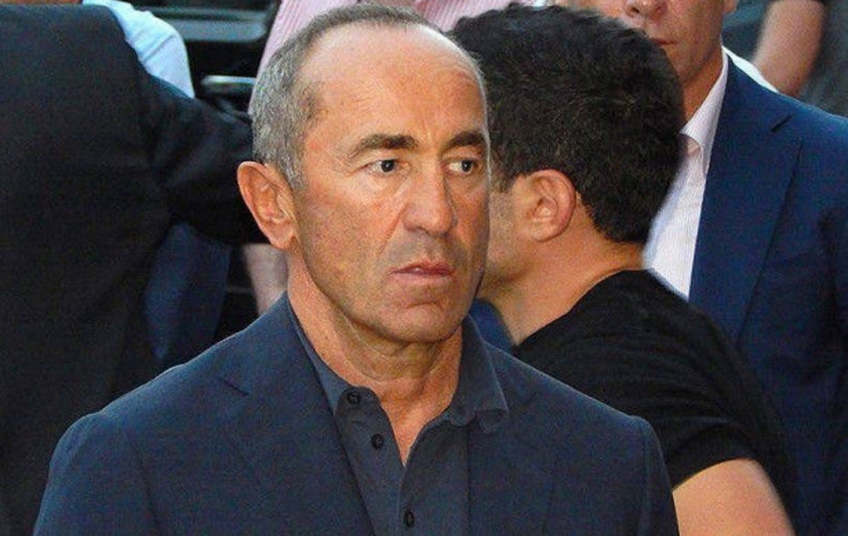The decision of the Court of Appeal to release from the arrest the second president of Armenia introduced into the domestic political agenda the question of whether Robert Kocharian, who is at large, can influence the internal Armenian processes. Although before that, threats to the “velvet” revolution -- possible revenge on the part of the counterrevolutionary forces were widely discussed, but after 13 August, when the court decision was published, these threats, in a sense, got a new life. Now the main worry is that with the release of Kocharyan, the latter's ability to influence the political situation will multiply. Of course, from the standpoint of possibilities, it's one thing when Kocharyan is behind bars, quite another thing when he's at large. But are there any weighty arguments to assert that the second president is capable of generating political processes, relying on his huge material and non-material "possibilities"?
To begin with, Robert Kocharian does not have significant support in the society. This also confirmed the small gathering of his supporters in front of the Prime Minister's residence after the foiled meeting with journalists, which even became a topic for ridicule in the social network Facebook. This action showed that the ex-president cannot rely on public resources in the implementation of any process. The second way to which our political elite is accustomed is the target turnover of financial resources. However, this toolkit promises a very dangerous future for those who apply it. The most important achievement of the "velvet" revolution is, perhaps, an uncompromising struggle by law enforcement agencies against corruption. Therefore, in such circumstances, the use of such tools by Kocharian and his team would mean "playing with fire." There is also a zero probability of the effectiveness of the policy of shadow arrangements and intrigues, entrenched in recent years. It should not be forgotten that certain administrative and political levers are a prerequisite for the implementation of this option. Of course, today's criminal-oligarchic administration does not have such levers.
In the current political order, a vicious opportunity to stage counter-revolution can only be imagined if only 45 deputies of the National Assembly who signed a recommendation to change the preventive measure of the second President can disrupt the initiative of the government led by Nikol Pashinian to dissolve the current parliament and / or begin the process for organization of electing a new prime minister. The rest - the use of administrative resources, shadow agreements, intrigues, etc. - are ineffective, as they do not correspond to the logic of the political situation that has appeared in Armenia over the past three months.
However strange it may sound, Kocharian's political weight is much smaller than when he was in custody. In conclusion, he could and tried to present himself as a political prisoner, who has a fairly positive image in the Armenian reality. Now the "career" of the failed political prisoner has evaporated, proving that the new government had no clearly directed actions towards it. In the coming days, it will be difficult for him to make his decision about his future. That is, to remain in the image of the "only male warrior" and wait for a new detention in the absence of any supporters or to spit on his own bloated image, leave politics and leave Armenia as a weakling exile.





